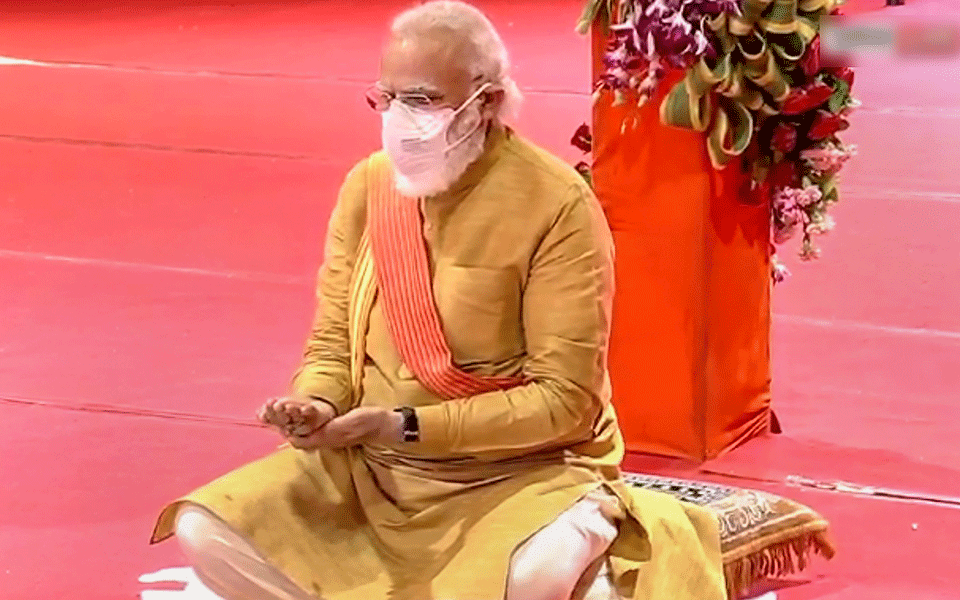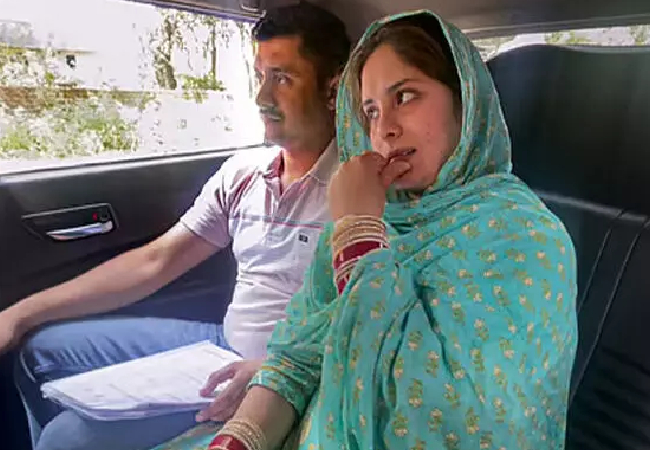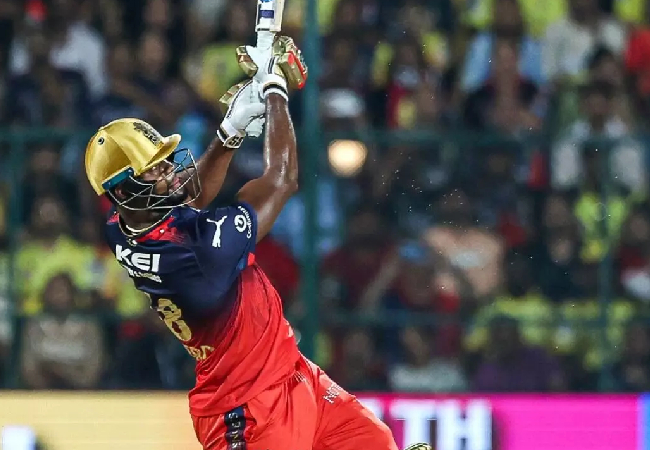Ayodhya: Prime Minister Narendra Modi on Wednesday performed the ‘bhoomi pujan' of a Supreme Court-mandated Ram temple in Ayodhya, bringing to fruition the BJP's ‘mandir' movement that defined its politics for three decades and took it to the heights of power.
RSS chief Mohan Bhagwat and Uttar Pradesh Chief Minister Adityanath were among those who attended the event at the site where a large number of devout Hindus believe Lord Ram was born.
The guest list, including religious leaders who formed part of the movement that started in the 1980s, was restricted to 175 in view of the COVID-19 crisis.
As a priest chanted Sanskrit shlokas' and the ground-breaking ceremony got under way under a giant marquee decorated in shades of reds and yellows, Modi and the other dignitaries, all in masks, maintained social distancing and sat a safe distance away from each other.
Slogans of Bharat Mataki Jai' and Har Har Mahadev' went up as the ritual ended and the prime minister laid the foundation of the temple.
Bhajans and shlokas' were heard as the town, festooned with marigold flowers and yellow and saffron flags, celebrated the beginning of the construction of a grand Ram temple. Roads leading to Ayodhya were adorned with hoardings of the proposed temple and of Ram Lalla, the infant Ram, the deity now housed in a makeshift temple. Most shops were painted in bright yellow.
The prime minister arrived in Ayodhya in a helicopter where Adityanath among others received him.
Before the function to lay the foundation stone of the 'Shree Ram Janmabhoomi Mandir', the prime minister took part in prayers at the Hanumangarhi temple.
From there, he travelled to the 'Shree Ram Janmabhoomi' where he performed prayers at the 'Bhagwan Shree Ramlala Virajman'. He also planted a Parijat (Indian night jasmine) sapling.
He will unveil a plaque to mark the laying of the foundation stone and also release a commemorative postage stamp on the 'Shree Ram Janmabhoomi Mandir'.
Let the Truth be known. If you read VB and like VB, please be a VB Supporter and Help us deliver the Truth to one and all.
Bengaluru: Ayush Mhatre's 94 and Ravindra Jadeja's 77 not out went in vain as Royal Challengers Bengaluru pipped Chennai Super Kings by two runs in their IPL match here on Saturday.
Chasing 214, CSK scored 211 for 5 in their 20 overs.
Mhatre scored a 48-ball 94 with five sixes and nine fours while adding 114 runs with Jadeja (77 not out off 45 balls, 8x4s, 2x6s) for the second wicket.
For RCB, Lungi Ngidi returned with figures of 3/30.
Earlier, half-centuries from Jacob Bethell (55), Virat Kohli (62) and Romario Shepherd (53 not out) took RCB to 213 for five.
While Bethell and Kohli put on 97 runs for the opening wicket to set a platform, Shepherd blasted four fours and six sixes to make 53 not out off only 14 balls, recording the fastest fifty of the season and joint second-fastest overall.
For CSK, Matheesha Pathirana found his rhythm and lengths to return 3-0-36-3.
Brief scores:
RCB: 213 for 5 in 20 overs (Jacob Bethell 55, Virat Kohli 62, Romario Shepherd 53 not out; Matheesha Pathirana 3/36).
CSK: 211 for 5 in 20 overs (Ayush Mhatre 94, Ravindra Jadeja 77 not out; Lungi Ngidi 3/30).





